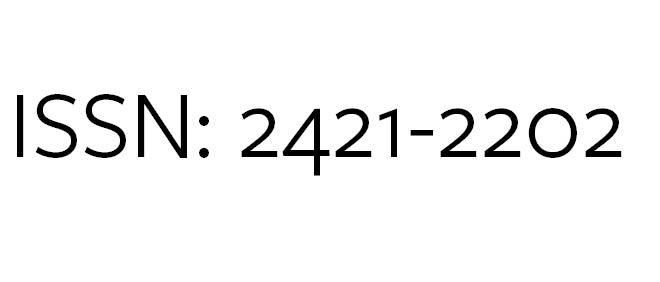Organizational Adaptability: New Frontiers and Development of a Measurement Tool
Sergio Sangiorgi, Marco Favilla, Giacomo Poli, Elvis Mazzoni, Martina Benvenuti, Mariagrazia Benassi
In an increasingly dynamic and complex work environment, adaptability has become a key skill for responding to rapid and unpredictable changes. This study aims to clarify the concept of adaptability in organizational settings, exploring its dimensions and testing a new measurement tool. Based on a literature review and qualitative interviews with workers from various sectors, a multidimensional model of adaptability was developed, covering both individual and group- or organization-related aspects. The questionnaire, consisting of 88 items, was tested on a sample of workers to assess its reliability and validity through factor analysis and correlations with the personality traits of the big five model. The results highlight that adaptability is associated with traits such as openness to experience, emotional stability, and conscientiousness, supporting the validity of the model as a useful tool for measuring adaptability in uncertain work situations. This tool could help organizations and workers identify areas for improvement to enhance effectiveness and competitiveness in the labour market, including strategies for upskilling and reskilling.
Keywords
Adaptability, Organizations, Flexibility, Resilience, Big five, Change, Work, Competences.



